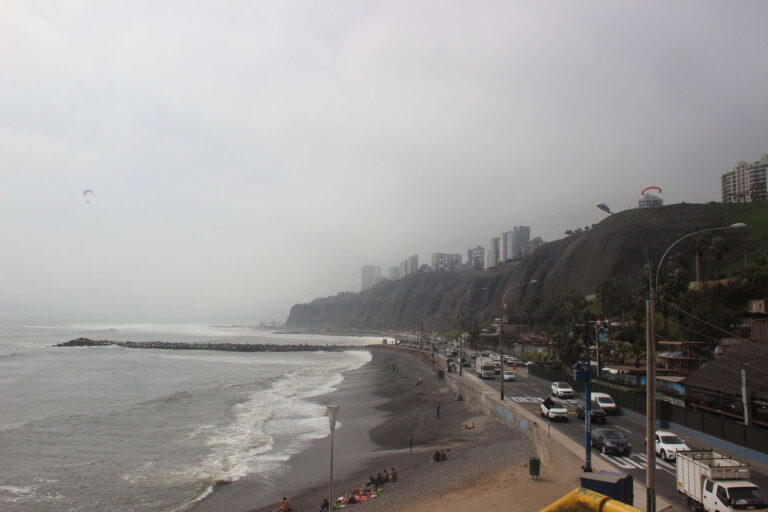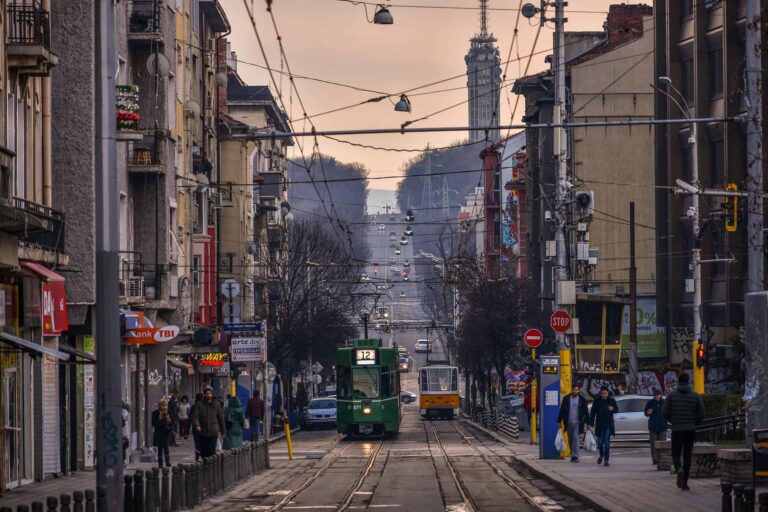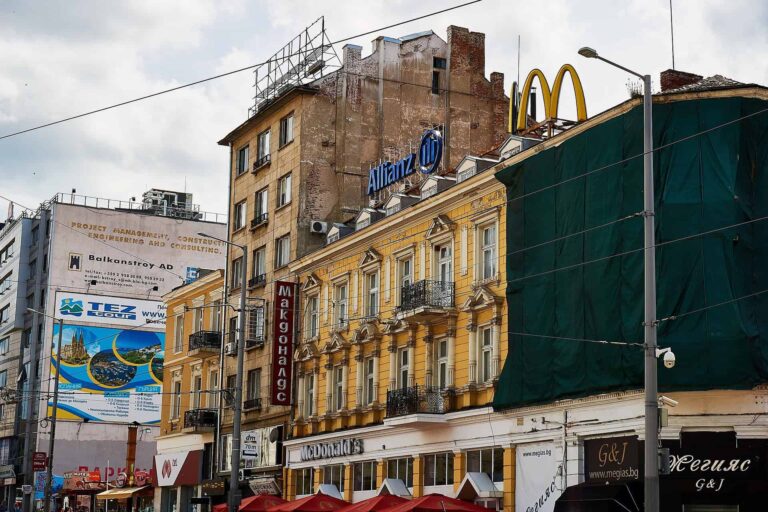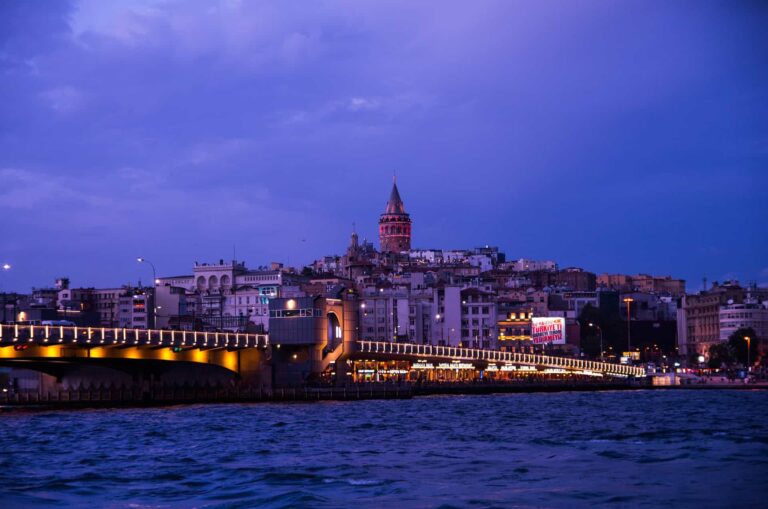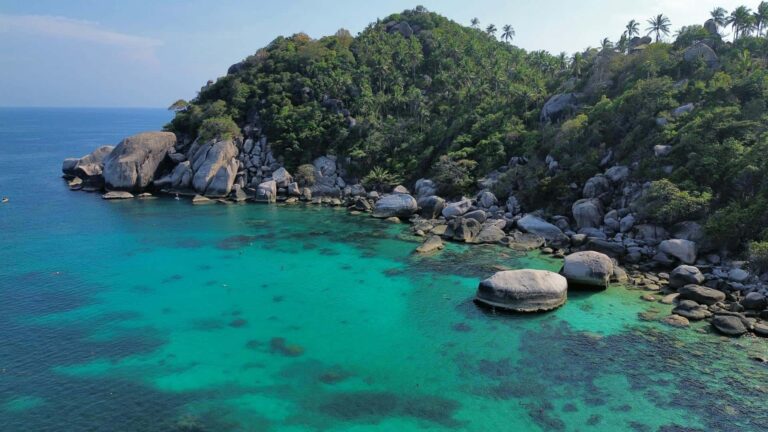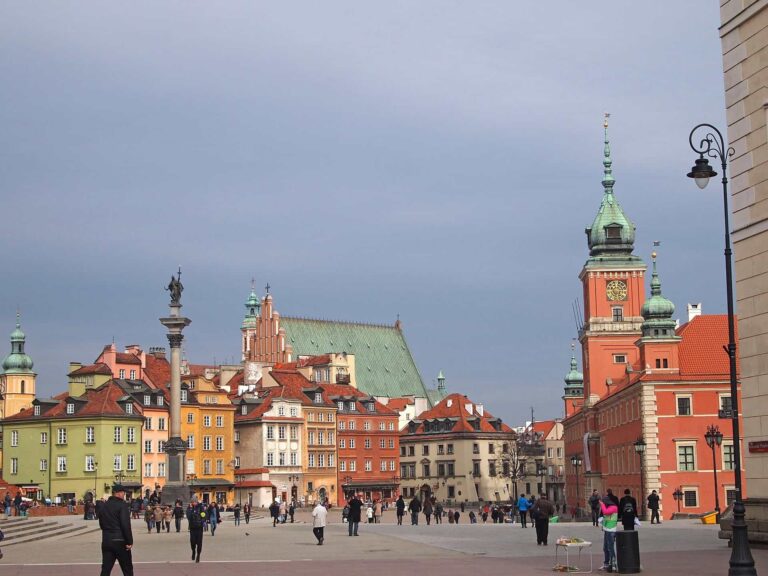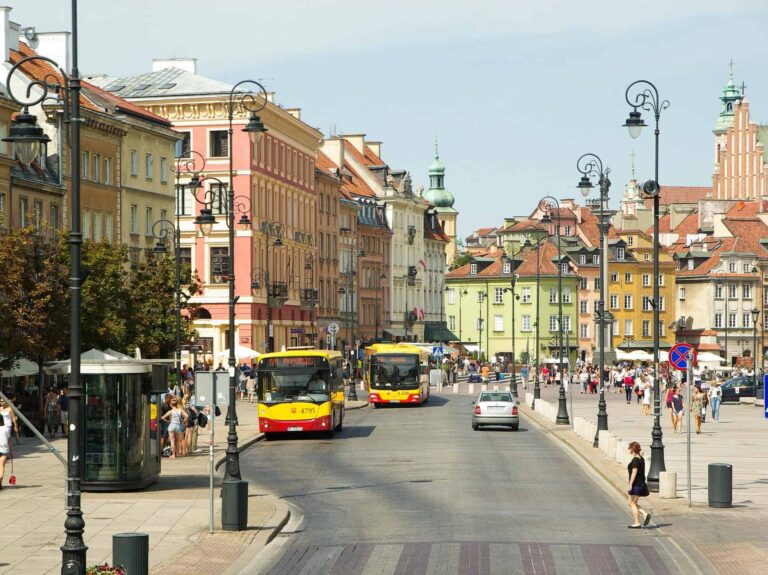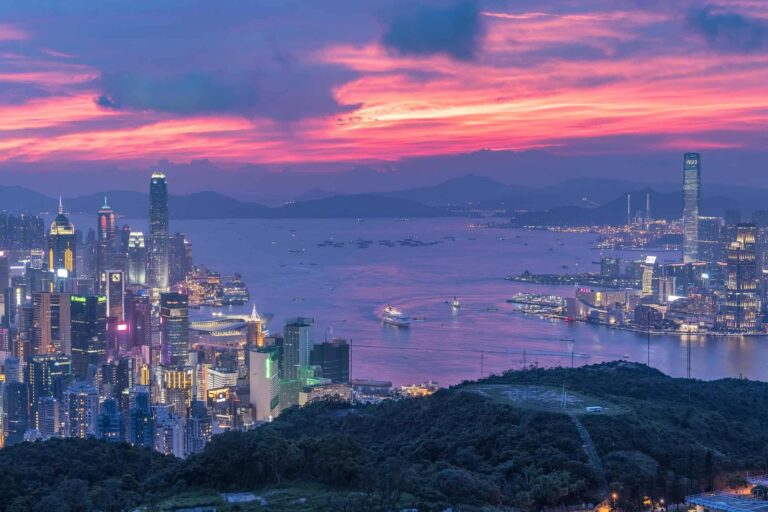Getting sick abroad can feel overwhelming—especially in a busy city like Lima where everything is unfamiliar. But don’t worry: you’re not alone. This guide will walk you through exactly what to do if you get sick in Lima, from understanding the healthcare system to finding English-speaking doctors, navigating pharmacies, and making the most of your travel insurance.
Understanding Lima’s Healthcare System
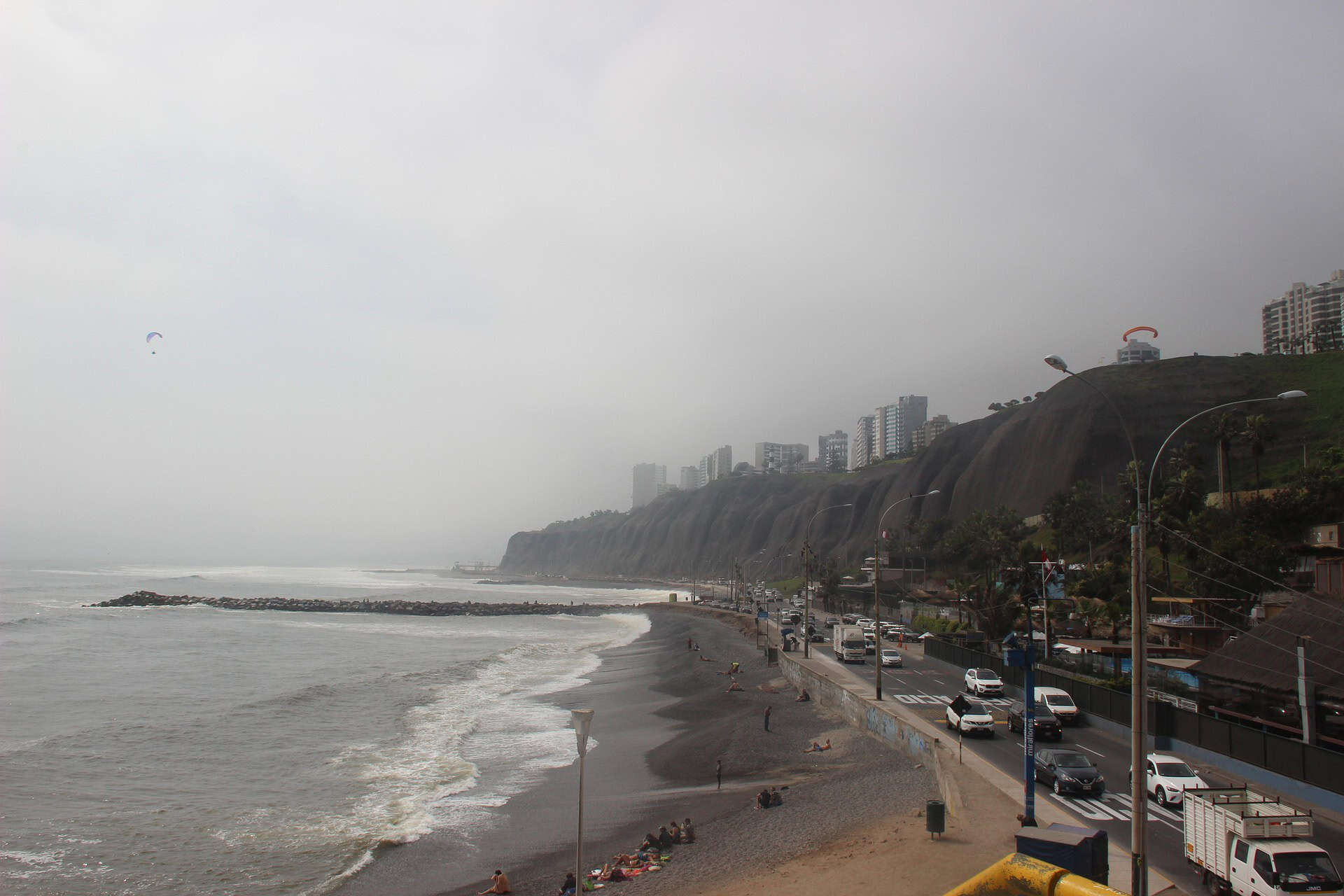
Private vs. Public
Lima has both public and private healthcare facilities.
- Public hospitals: These are government-funded and cheaper but can be crowded, with longer wait times and less English spoken.
- Private clinics and hospitals: Faster service, modern facilities, and more English-speaking staff. However, they’re more expensive, and you’ll usually need to pay upfront before claiming costs back from your travel insurance.
Emergency Medical Care
Let’s look at emergency medical care in Lima.
Essential Emergency Numbers
- 105 – Police
- 106 – Ambulance
- 116 – Fire
- Central EU number 112 may also connect you.
How to Call an Ambulance in Lima
Dial 106 and provide your exact location. Some operators may not speak fluent English, so ask your hotel or a local to help if possible.
When to Go to a Hospital vs. an Urgent Care Clinic
- Hospital: For emergencies like chest pain, broken bones, or severe accidents.
- Urgent care/private clinic: For non-life-threatening issues such as flu, stomach bugs, or minor injuries.
Pharmacies & Medication: What You Need to Know
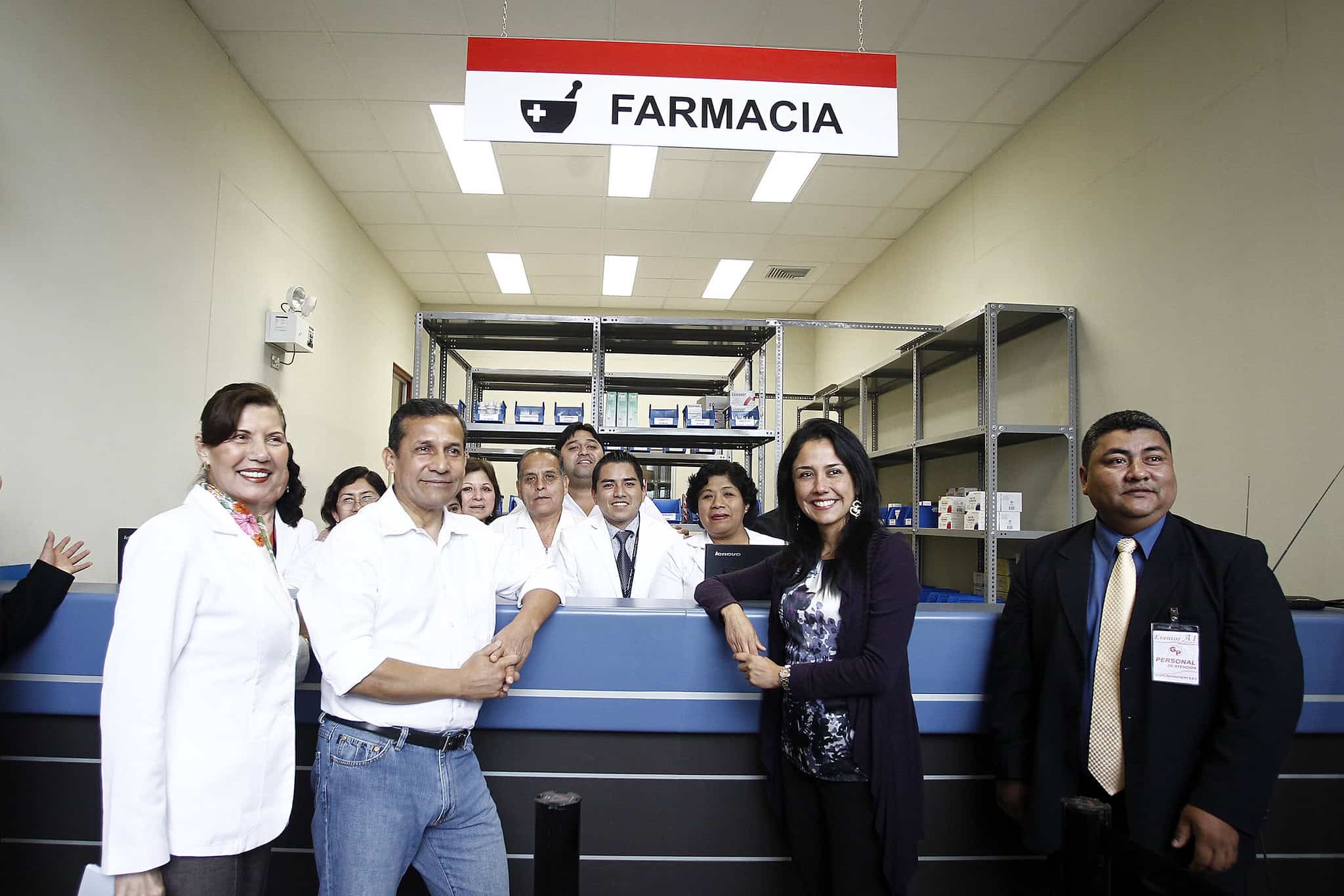
Pharmacies in Lima are called “farmacias” or “boticas”.
- Many are open late, and larger chains (like Inkafarma or Mifarma) have 24/7 branches in busy districts.
- Over-the-counter medications for pain, fever, and colds are widely available.
- Stronger medication requires a doctor’s note.
What to Do if You’ve Got Travel Insurance
Travel insurance can make your experience much smoother and help cover high private clinic costs.
Documents You’ll Need to Submit a Claim
- Doctor’s note or medical report
- Receipts for medical expenses
- Insurance policy number
- Proof of travel (boarding passes, hotel booking, etc.)
Language Barriers
Spanish is the main language in Lima. Many private doctors speak English, but not all do. Here are a few useful phrases:
- “Estoy enfermo/a” – I am sick
- “Necesito un doctor” – I need a doctor
- “¿Habla inglés?” – Do you speak English?
How to Avoid Getting Sick in Lima
Here’s what you need to know to avoid getting sick in Lima.
Common Illnesses
- Traveler’s diarrhea
- Stomach bugs from unfamiliar food
- Respiratory issues from air pollution
Is the Tap Water Safe?
Tap water in Lima is not safe for drinking. Always stick to bottled or boiled water. Use bottled water for brushing your teeth to avoid stomach problems.
Food Safety & Hygiene Tips
- Choose busy restaurants with high turnover.
- Avoid raw or undercooked seafood.
- Wash your hands regularly or carry sanitizer.
Healthcare Tips for Pregnant Travelers & Those with Pre-Existing Medical Conditions
Lima has well-regarded private hospitals with specialists in gynecology, cardiology, pediatrics, and more. If you’re pregnant or managing a chronic illness, research private clinics before traveling, and always carry your medical records.
Finding an English-Speaking Doctor in Lima
This is often the hardest part for travelers. Many clinics are excellent, but English is not always guaranteed.
With Air Doctor, you can:
- Search for vetted, English-speaking doctors in Lima
- Book appointments online (clinic, home, or telemedicine)
- Get receipts and documentation for insurance claims
Getting Help Beyond Healthcare
If your illness becomes serious or you need support, contact your embassy in Lima. They can:
- Provide lists of recommended doctors or hospitals
- Help replace lost medication
- Assist in contacting family
Recap
If you get sick in Lima:
- Call 106 in an emergency.
- Use private clinics for quicker, English-speaking care.
- Pharmacies (farmacias) are everywhere, with 24/7 options in the city.
- Avoid tap water and practice food safety.
- Use Air Doctor to find reliable English-speaking doctors fast.
About Air Doctor
With the Air Doctor app in your pocket, you can access medical care and receive expert medical guidance anywhere you travel.
Air Doctor offers a wide range of benefits, including:
- A global network of over 20,000 multi-lingual doctors and specialists
- Choice of clinic, at-home (hotel), and video consultations
- Healthcare access in 90 countries
- 24/7 multi-lingual support
- Transparent pricing and reviews
- Most common medical specialties, including cardiologists, ENT specialists, and urgent care clinics
FAQs
No. Public hospitals are affordable, but tourists must pay, and private care can be expensive without insurance.
A private consultation can range from $40 – $100 USD, depending on the clinic and treatment needed.
Yes, many private clinics accept walk-ins, though booking ahead is recommended for shorter wait times.


